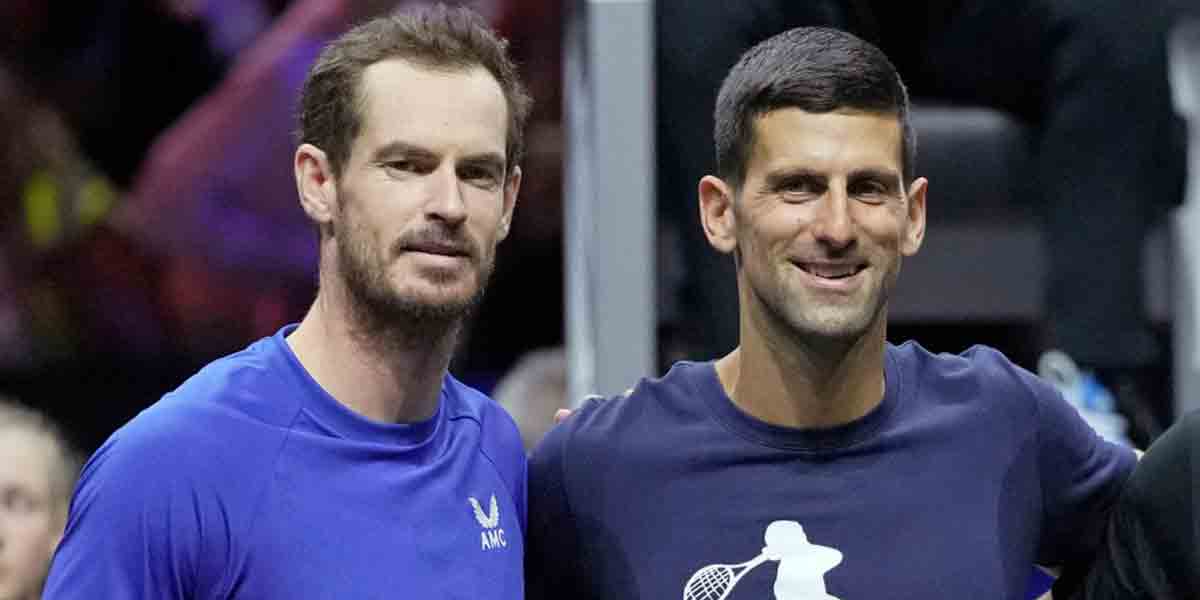By Mark Valencia
It is clear now that pundits within and outside the Philippines were wrong in their predictions regarding new President Ferdinand “Bongbong” Marcos Jr’s policy toward Beijing in the South China Sea. They had stridently criticized the policy of his predecessor Rodrigo Duterte and predicted that Marcos’ policy would be significantly more favorable to the US, and less so to China.
Despite their analysis colored by their preferences, it appears that this will not happen, at least in the short term.
Marcos’ national security adviser, Clarita Carlos, has defended Duterte’s policy. She said, “I think the previous administration’s stance [was] the height of pragmatism. I think what the Duterte administration did was just right for the conditions at the time which continue to the present” (emphasis added).
Philippine and US critics had lambasted Duterte’s temporary shelving of the Philippines’ arbitration victory over China regarding its historic waters claim in the South China Sea – supposedly in return for economic investment and assistance.
Indeed, throughout Duterte’s presidency, former Philippine Supreme Court justice Antonio Carpio and others like former foreign minister Alberto del Rosario mercilessly vented at him for what they considered his failure to immediately implement the arbitration victory against China. They called on him to confront China regardless of the consequences.
Under the previous president Benigno Aquino, both Carpio and del Rosario were intimately involved in preparing and prosecuting the arbitration case against China. This may in part explain their bitterness that the Duterte did not immediately implement what they considered “their victory.” Being personally vested in the decision, they had a reason for their extreme bias.
But supposedly objective analysts were also wrong and biased in their analyses. For example, Sebastian Strangio, Southeast Asia editor at The Diplomat, recently predicted that “the accommodating position of the Duterte administration will become a thing of the past.”
Perennial China critic Bonnie Glaser of the German Marshall Fund said Duterte’s strategy “didn’t deliver. It did not really serve the Philippines’ interest. I would hope the Marcos administration has learned some lessons from the last five years [of] the Duterte administration regarding [its] strategy of putting the ruling on the shelf and trying to work closely with China.”
She and fellow China critics are likely to be disappointed.
But it was far worse in the Philippines. Leading Filipino China critics have hung on every word of Marcos and his new Foreign Secretary Enrique Manalo regarding China and have tried to use them to back the administration into their corner.
In a classic case of cherry-picking, they highlighted any nod in the direction of their position and ignored the larger and more fundamental context. For example during the campaign, Marcos said that as president he would not allow “a single millimeter of our maritime coastal rights to be trampled upon.”
The anti-China critics seized on this as evidence that he would be more aggressive toward Beijing regarding the disputes. But he also said the idea of war “must be dismissed outright” and that the “bilateral agreement [with China to negotiate the issues] is what we are left with.”
Marcos said he would try to “find ways to work to resolve the conflicts that we have” and to “strengthen ties between China and the Philippines.”
The China critics ignored these more positive statements.
Another example was the clear hope of prominent pundit Richard Heydarian that Marcos would steer the Philippines toward a foreign-policy reset more favorable to the US. Heydarian revealed his bias in Asia Times when he characterized Duterte’s logic as “believing that smaller nations can enjoy China’s ‘mercy’ if they remain ‘meek’ and ‘humble’“.
Undeterred by recent developments, Heydarian continues to hope for his preferred outcome.
These China critics are, wittingly or not, supporting US efforts to get the Philippines to side with it against Beijing. Indeed, the US continues to press Marcos to “stand up” to China. Daniel Kritenbrink, US East Asian and Pacific affairs assistant secretary of state, said ”we welcome the statements that President Marcos recently made about the importance of preserving the Philippines’ territorial integrity.”
In Manila, where he met with Marcos, US Secretary of State Antony Blinken called on China to comply with the arbitration decision and reiterated for the nth time that “any attack by China on Philippine armed forces, public vessels or aircraft in the South China sea would invoke US mutual defense commitments under Article IV of the 1951 US Philippines Mutual Defense Treaty.”
As National Security Adviser Carlos has affirmed, there were – and are – good reasons for Duterte’s policy and for its continuance.
Duterte foresaw the dire consequences of immediately pressing the arbitration victory over China. He decided that the real costs to the Philippines and its people would far outweigh the more emotional benefits of national pride. He also made a decision that he thought was in the best interests of the Filipino poor who could not endure more economic hardship that would almost certainly result from confronting China.
It is true that his approach to China was likely driven in part by his determination not to be bound by the cultural, ideological and foreign-policy shackles of America’s neocolonialism. This is not a bad thing for the Philippines and its people.
He reckoned that the Philippines’ future lies in Asia, that the Philippines is militarily weak, that China is militarily and economically already regional dominant and likely to become ever more so, and that no country – including its ally the US – was likely to come to its kinetic assistance militarily against China.
He also assumed that the arbitration panel’s ruling is now part of international law and is not likely to change easily or quickly. So he saw the situation as requiring deft hedging and the art of delay until a time more ripe for a peaceful mutually beneficial resolution of the issue.
Thus Duterte sought a temporary compromise that would allow the Philippines to share access to the resources in the sea. The result was continued access to the fisheries for Filipino fishermen and the possibility of “joint development” of any oil and gas. In the meantime, Philippine-China relations, including economic relations, remained good.
The alternative to Duterte’s policy, trying to implement the arbitration decision, would likely result in no access to the Philippines’ own resources and crippling economic, political and perhaps even military retribution by China. This is still a possibility if the Philippines confronts China on this issue.
Apparently Philippine Americanophiles in the military think that the US will risk war with China to defend Philippine territorial and maritime claims in the South China Sea. But Marcos has scotched this idea: “The problem is between China and us. If the Americans come in, it’s bound to fail, because you are putting the two protagonists together.”
Part of the reason may be that it is a tenuous hope to expect that the heavily beleaguered US government and its body politic will support expending American blood and treasure to defend Philippine claims to remote rocks and resources. It did not do so regarding the China-Philippines standoff at Scarborough Shoal and it is unlikely to do so in similar situations, despite what it says.
Indeed, there is sufficient wiggle room in the US-Philippines Mutual Defense Treaty to avoid a direct military response.
Regarding Marcos’ likely China policy, Joshua Kurlantzick of the US Council on Foreign Relations belatedly but courageously accepted reality. He admitted that many analysts (including himself) got it wrong and concluded that Marcos appears ready “to prioritize Philippines-China ties even above those with the US.”
However, one problem left over from the China-bashing campaign that Marcos will have to deal with is the anti-China popular sentiment that it has whipped up. Marcos will likely follow Duterte’s policy of diplomatic protests of China’s more egregious transgressions and deployment of Philippine Coast Guard and Navy vessels to demonstrate non-acquiescence while trying to negotiate a temporary agreement.
The point is that biased analysis is not a good basis for policy. Some China critics tried to push the Philippines into confrontation with Beijing and drag the US kinetically into it. Supposedly objective analysts and former officials with an ax to grind let their political predilections affect their judgment and made a difficult situation even worse.
This should be a lesson deeply and widely learned by analysts looking at similar fraught situations.
Mark J Valencia is an internationally recognized maritime policy analyst, political commentator and consultant focused on Asia. Most recently he was a visiting senior scholar at China’s National Institute for South China Sea Studies and continues to be an adjunct senior scholar with the Institute. Valencia has published some 15 books and more than 100 peer-reviewed journal articles.























